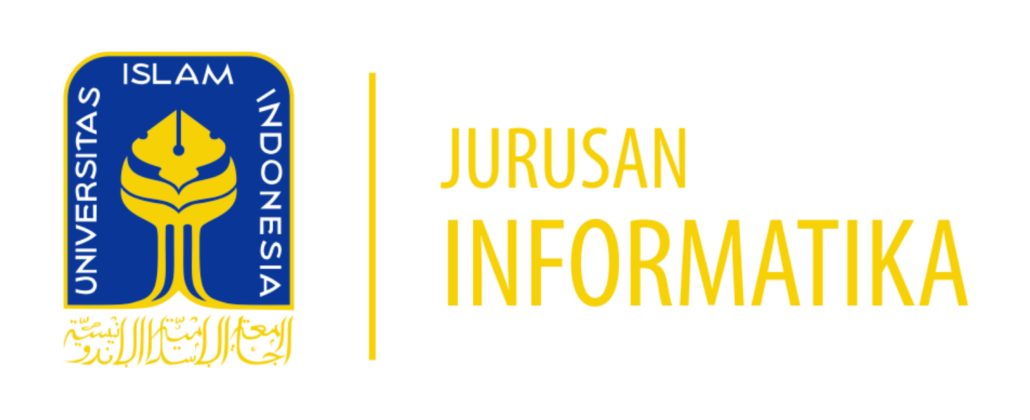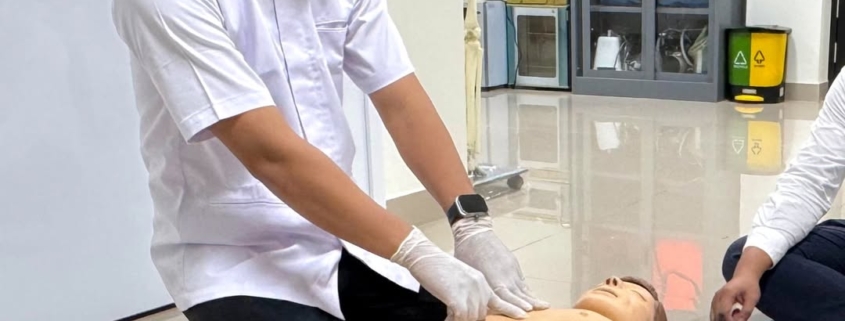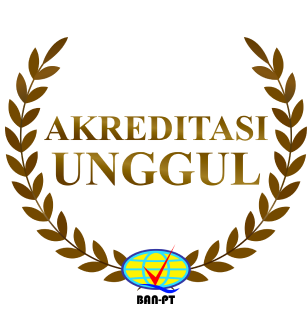Democratizing Life-Saving Skills: UII Student Pioneers Basic Life Support Training via Telehealth
At the crucial intersection of nursing science and information technology, a Master of Informatics student at UII, Ruhil Iswara, is pioneering a breakthrough in public health education. Through his research, he is developing and implementing a telehealth-based Basic Life Support (BLS) training platform aimed at the community of Pontianak City.
Basic Life Support is the foundation of the chain of survival in cases of sudden cardiac arrest. Statistics show that early intervention by a bystander can dramatically increase a victim’s chances of survival. However, this vital knowledge and skill set is not yet possessed by the majority of the Indonesian public.
Traditionally, BLS training is conducted face-to-face, requiring certified instructors, manikins, and adequate facilities. This model creates a significant access gap. Many regions, including cities outside of Java like Pontianak, face challenges such as a limited number of trainers, geographical barriers for participants, and sometimes prohibitive costs.
Ruhil Iswara, who holds a bachelor’s degree in nursing before delving into medical informatics, understood this gap intimately. He saw the immense potential of telehealth technology to democratize access to this life-saving training. The platform he is developing is designed to be an interactive, flexible, and measurable solution.
This telehealth platform is not just a one-way video tutorial. It is designed with interactive learning modules, animation-based simulations, and quizzes to test participant comprehension. The goal is to replicate, as much as possible, the learning experience of a physical classroom, ensuring participants not only watch but truly understand every critical step of BLS, from recognizing cardiac arrest and calling for help, to performing correct chest compressions.
To ensure that his technological solution is truly effective and acceptable, Ruhil does not stop at the development stage. He applies a robust academic evaluation framework, the HOT-Fit (Human-Organization-Technology Fit) model. This approach is used to analyze the fit and impact of the implemented technology from three main perspectives.
From the Human side, the research measures the increase in knowledge and satisfaction of participants after using the platform. From the Organization side, it analyzes how the system is accepted and supported by local health institutions, in this case, the local Health Department. Finally, from the Technology side, it evaluates the quality and usability of the platform itself.
“Digital technology like telehealth not only expands the reach of training but can also literally save lives,” Ruhil said of his vision. He hopes his research will provide strong scientific evidence that online BLS training is a valid and effective method.
Funding support from the Indonesian Ministry of Education, Culture, Research, and Technology for this research serves as an important validation. It indicates that the government sees the urgency in health education innovation and supports efforts that bridge the skills gap in society.
Ultimately, the project initiated by Ruhil Iswara is more than just an academic thesis. It is a blueprint for how cross-disciplinary synergy—between human-centered nursing and solution-oriented informatics—can create real and lasting social impact, building a nation that is better prepared and more resilient in the face of medical emergencies.



